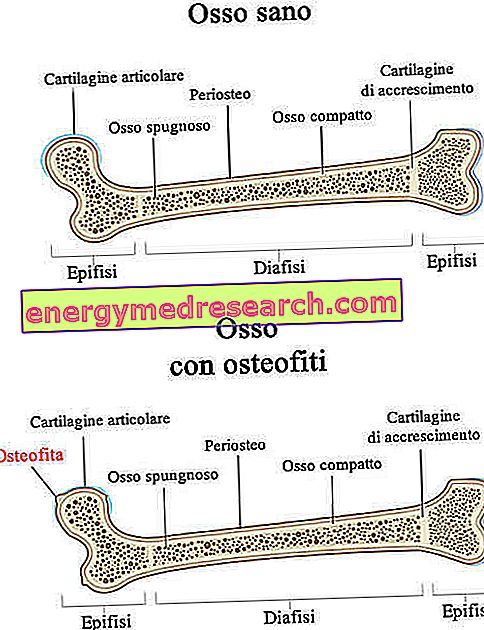Related articles: Allergic rhinitis
Definition
Allergic rhinitis is an inflammatory reaction that affects the upper airways (mainly the mucous membrane of the nose), due to the inhalation of allergens.
Allergens come into contact with the body through the breathed air and trigger the activation of an allergic reaction with the production of specific antibodies (IgE). In the inflammatory process, the conjunctiva is also often involved (this is called allergic rhinoconjunctivitis).
We distinguish periodic forms (if they appear only in certain periods of the year) and perennials (if they last all year):
- Seasonal allergic rhinitis, also called hay fever, is triggered mainly by the inhalation of pollens and occurs only at certain times of the year, when the flowering of plants takes place (mainly responsible for grasses, urticacee, composite and birch trees).
- Chronic allergic rhinitis, on the other hand, does not have a fixed periodicity and is triggered by permanently present allergens in the environment, with which it is possible to come into contact on a daily basis: house dust mites, molds, animal hair (eg dogs and cats) and chemical substances.

Most common symptoms and signs *
- Anosmia
- Asthenia
- Burning eyes
- Conjunctivitis
- Depression
- Difficulty concentrating
- Dyspnoea
- Mood disorders
- Fotofobia
- Tearing
- Headache
- Closed nose
- Eyes reddened
- Itching of the nose
- Throat itch
- Cold
- Wheezing breath
- rhinorrhoea
- Sneezing
- Cough
Further indications
Allergic rhinitis manifests itself with some characteristic symptoms: consecutive sneezing, a tingling in the throat and a sense of nasal obstruction. In addition, fatigue, retronasal discharge (very liquid secretions that descend into the throat) and itching of the nose, palate or ear canals may be present.
The reaction may also involve the conjunctiva, resulting in a picture of eye irritation; characteristic symptoms are: redness and swelling of the eyes, burning, itching, tearing and discomfort in the light. In the case of allergic rhinitis, headaches, irritability, difficulty concentrating, worsening sleep quality and a sense of general malaise may also appear.
Sometimes, rhinitis is complicated in asthma on an allergic basis, a disease basically characterized by an obstruction of the respiratory tract. This reaction manifests itself with difficulty breathing, sense of chest tightness and cough.
In the presence of signs and symptoms that suggest the presence of allergic rhinitis it is necessary to identify the responsible allergens. The commonly used test is the Prick test, which consists in reproducing to a reduced extent the allergic reaction on the patient's skin. Upon completion, blood tests can be performed (Prist and Rast) which look for the total serum IgE antibody titre specific for the suspected antigen.
First of all, the treatment involves avoiding exposure to allergens. During allergic rhinitis, it is possible, on the doctor's advice, to take antihistamine or corticosteroids orally or locally (nasal sprays, eye drops, etc.). In addition to symptomatic therapy, it is possible to resort to a desensitizing treatment using allergenic immunotherapy.



